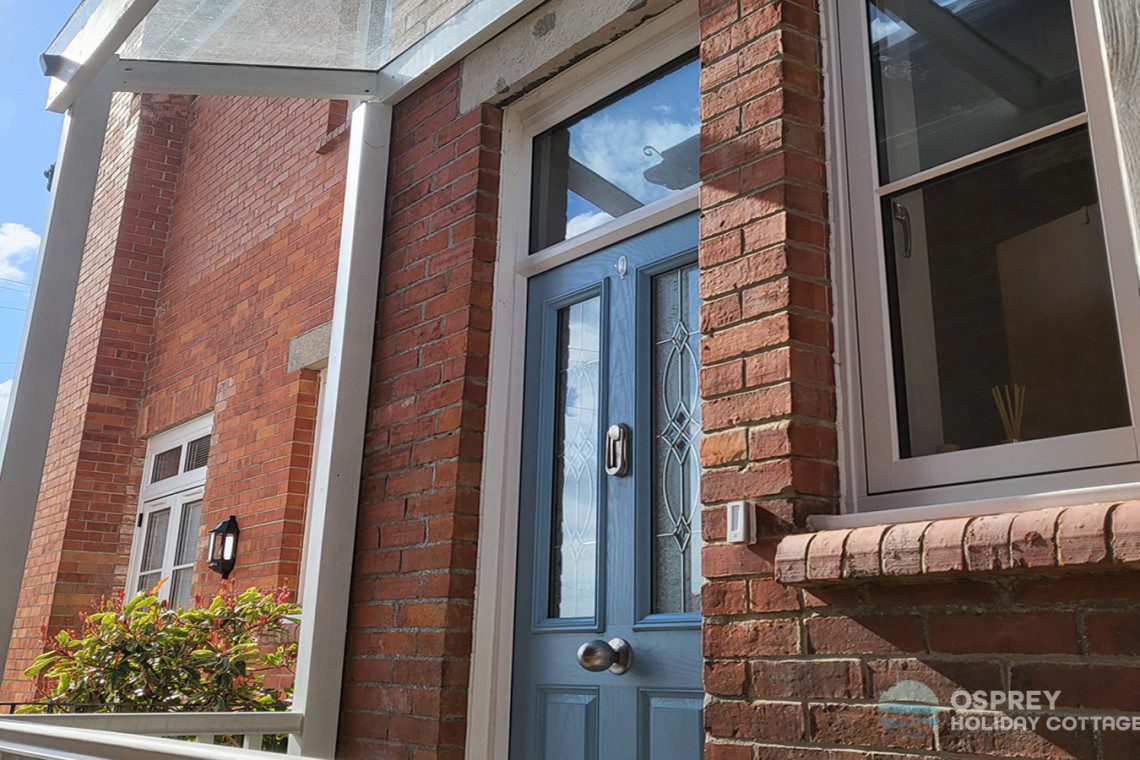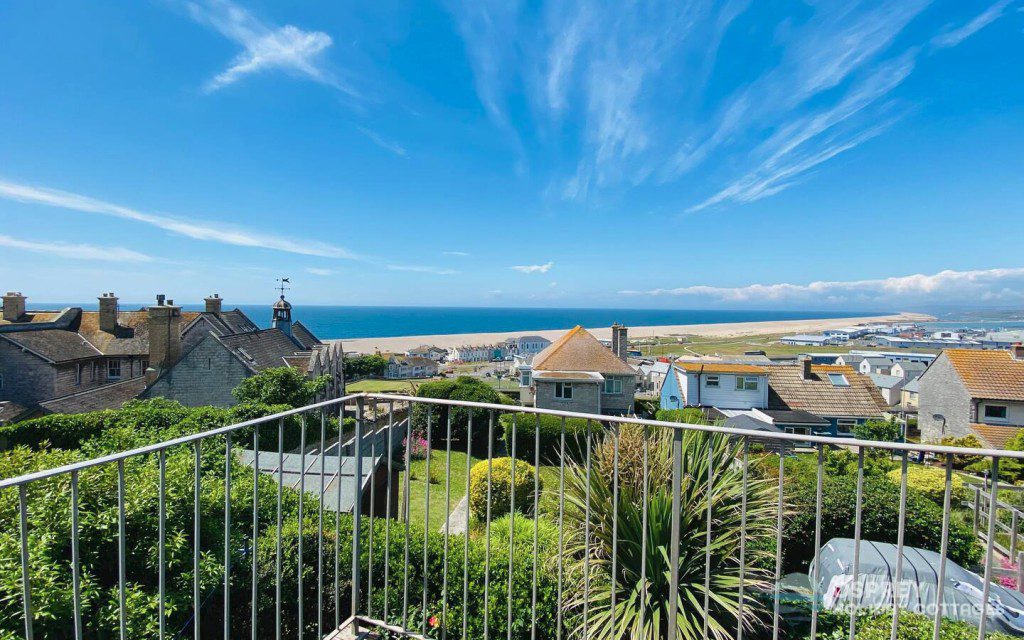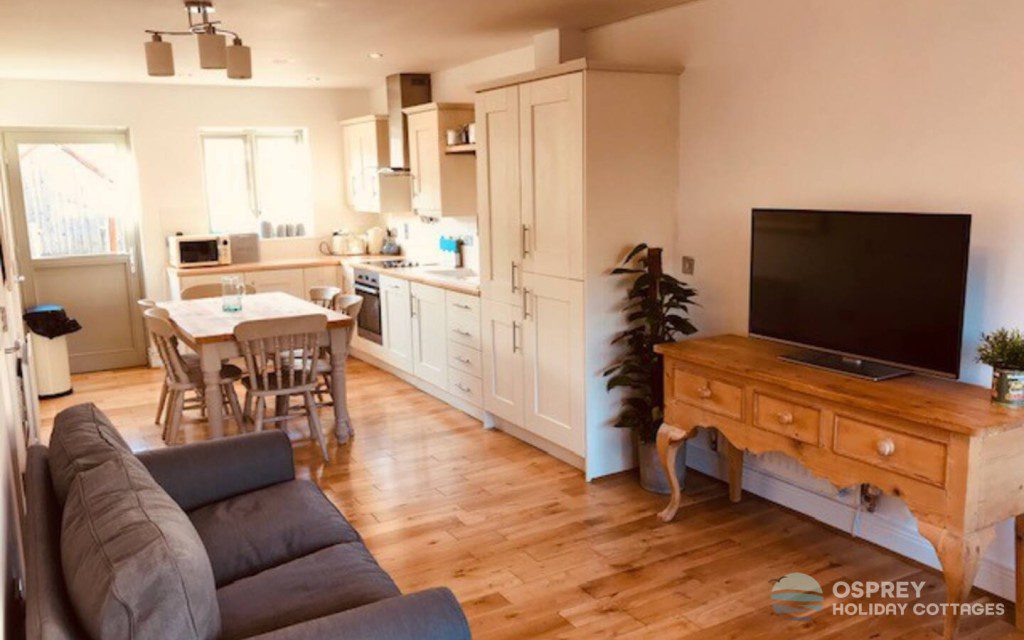Holiday letting: Business rates & council tax guide for 2025
- March 20, 2025
- Owner guides
Business rates, council tax and SBBR – what does it mean for you and your holiday letting? Whether you own a second... Read More

Please note: This guide has now been replaced by an updated version for 2025 – click here to read it.
Business rates, council tax and SBBR – what does it mean for you and your holiday letting? Whether you own a second home for your own time by the sea, or wish to let it out – there are inevitably rates and taxes to pay. This guide is here to help you work out what it all means for you and where to find more help and advice.
This guide is another topic is a reply to a common question our Owner’s Team get. There are new rules for 2023 too which impact on which property can be charged business rates.
Remember, we’re always here to help – so get in touch with us for more help and advice.
Holiday let business rates is a charge levied on properties that are rented out on a commercial basis. The funds are used to help finance local services which is important.
To keep it simple, residents pay council tax and businesses pay business rates to local authorities. Business rates are charged on most non-domestic properties, including self-catering holiday lets.
If you own a second home or holiday home, you will either need to pay holiday let business rates or council tax for your property. Empty properties attract a separate charge within the Dorset Council area.

Well, quite a lot actually. During the pandemic and subsequent recovery, the UK Government has been researching holiday lettings as an industry. With everything under consideration from setting up a register, to changes in rates and taxation.
There are new rules on lettings for self-catering properties you will need to meet to continue to be eligible for rates. This also affects owners who claim Small Business Rate Relief (SBBR). Paying business rates on your holiday let will depend not only on how many days your property is available to let each year, but also how many days it was actually let.
After 1 April 2023, it will be rated as a self-catering property and valued for business rates if it’s both:
These new rules apply only to properties classified as self-catering holiday lets by the Valuations Office Agency (VOA). There are no exceptions in the application of the new eligibility rules and they will apply equally to all self-catering properties across England. They have now begun a rolling programme to check that properties listed as self-catering, in the non-domestic rating list, meet the eligibility rules.
Good question. These changes to the taxation of holiday properties are intended to protect genuine holiday let businesses which benefit the local area, including yours. The intention is to target second homeowners who take advantage of the system to avoid paying their fair share towards local services in popular destinations. Weymouth & Portland is no different and needs the income to support local services. Essentially, it will prevent those who leave their properties empty for most of the year, from accessing preferential business rates.
Any new self-catering properties will be liable for council tax until the property meets the eligibility rules. These will be liable for council tax for each day until the property has been available for 140 days and let out for 70 days. On the day that these two criteria are met it will qualify for a business rates assessment. For owners setting up a new furnished holiday let, they need to be aware that this means that for the first year or until the property qualifies, there will be a tax increase for newly let properties.
All you need to do is distinguish whether yours is a second home or a holiday let. A second home is defined as a residence which you plan to occupy for part of the year. Properties that are let out for less than 20 weeks per year and used predominantly for your own holidays will qualify to pay council tax.
If your holiday home is used primarily for commercial self-catering accommodation and,
Then you should be registered for business rates rather than council tax. There are upsides of registering your holiday let as business too. Remember, you’ll need to meet the conditions of the Furnished Holiday Lettings rules are met.
You could also benefit from the Small Business Rates Relief scheme too. We already have a large number of owners who qualify under this scheme and pay no rates at all!

Yes, provided you can prove you qualify as a furnished holiday let. For more information, check the HMRC guide. Business rates are an expense of the business and deductible for tax purposes, subject to the normal rules. For more specialist advice consult your usual accountant or tax advisor.
You can work out an estimate of your business rates online – just click here.
You can find out more about business rates for Weymouth & Portland from Dorset Council. Click here to view their dedicated web page, including where you can check your rateable values.
To find out more in other council areas, click here for the GOV.UK tool.
That’s OK – just get in touch with us. Our Owner’s Team are here to help and point you in the right direction.
Join The Discussion